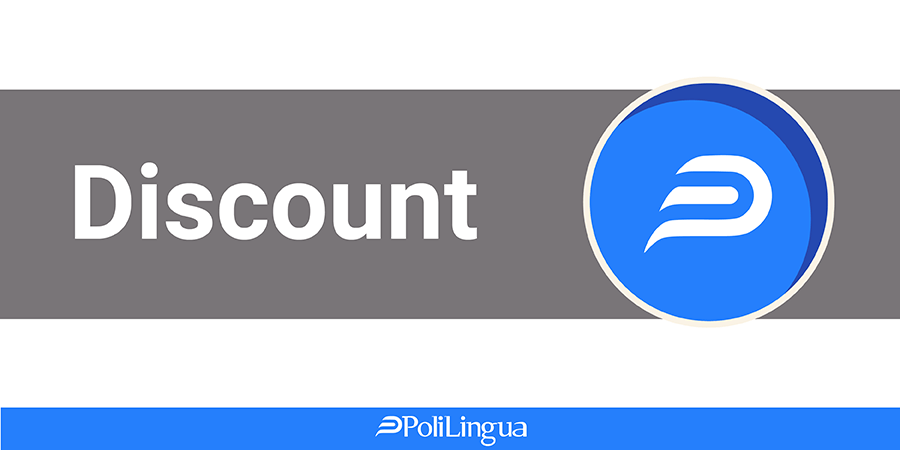
Discounts on Linguistic Services
’’Lowering prices is easy. Being able to afford to lower prices is hard.’’- Jeff Bezos
As it happens in many other fields of the “services” sector, translation agencies often offer certain promotions or discounts that result from a series of factors. Let’s take a look at some of the most common ones.
7 Factors that can lower the price for translation services
-
The volume of work: The shorter the text, the less time it takes to complete the task. It sounds cliché, but time is money and thus the total cost is proportional to the time spent on finishing the translation. Various methods and instruments are applied to determine the exact word count (OCR, CAT tools, etc.) before starting the planning of the translation process. CAT tool analysis will calculate a discounted price for repetitions, context match and cross-file reps, thus decreasing the total cost of the project.
-
Language pairs: The prices vary according to the number of available expert translators and the difficulty of texts. A translation within a popular language combination will be less expensive than a translation with a more rare combination as there are likely to be fewer translators available.
-
Professional fields: Complex or technical content, for example an employment contract or user guide for an electronic device, will require an expert translator with advanced knowledge. A translator who has an excellent grasp of the specific terminology required in the industry is essential if you want a quality translation. A translator with this level of expertise will be paid more than a non-specialist translator who works on simple, generalist translations. So translating an employment contract, for example, will therefore cost more than translating e-commerce product descriptions.
-
Time available: The less time there is, the more effort it takes for both translators and project managers to get the job done on time and in good quality. Priority translations may cost more than assignments performed under optimum circumstances. Recurring translations may impact upon the translation pricing, thus a recurring request may mean the price of translation is lower. Having a longer deadline will give the team more opportunity to optimize the translation tasks.
-
Loyal customer: The more frequently you order, the more you save. Taking advantage of modern translation technology is the best way to cut costs. Translation memories and glossaries are support for returning customers so that when they make their next order similarities are identified with previous jobs and a price discount can be offered. Working this way is not only economical; it results in outstanding, steady quality. It is therefore worth trying to establish long-term cooperation. Many of PoliLingua clients have been with us for years and place substantial volumes of work with us. We are happy to offer discounts to reward their loyalty and for working in partnership with us over the long term.
-
Multilingual projects: Discount is often given for multi-language projects. If your project involves multiple language pairs for instance French, German, Korean and Turkish, the value of the job is taken as a whole. The discount is therefore offered for placing all the work with one LSP.
- Discount for poor work: Lastly, and this is the least pleasant option for all parties, is the reduction in price for a project when the client is not satisfied. This dissatisfaction can result from several problems: the quality of translation that the client deems insufficient, whether due to incorrect; inadequate terminology that was used; certain instructions were not followed regarding terminology, style or any other aspect of the project and if the deadline was not met.
Though translation costs tend to be similar for translation agencies in a certain region, we have seen that it is possible to arrange for discounts or lower rates, in general, if there is a solid relationship based on trust between the client company and the agency.
For a discounted and qualitative service request a quote from PoliLingua today! We are here to meet your needs!







